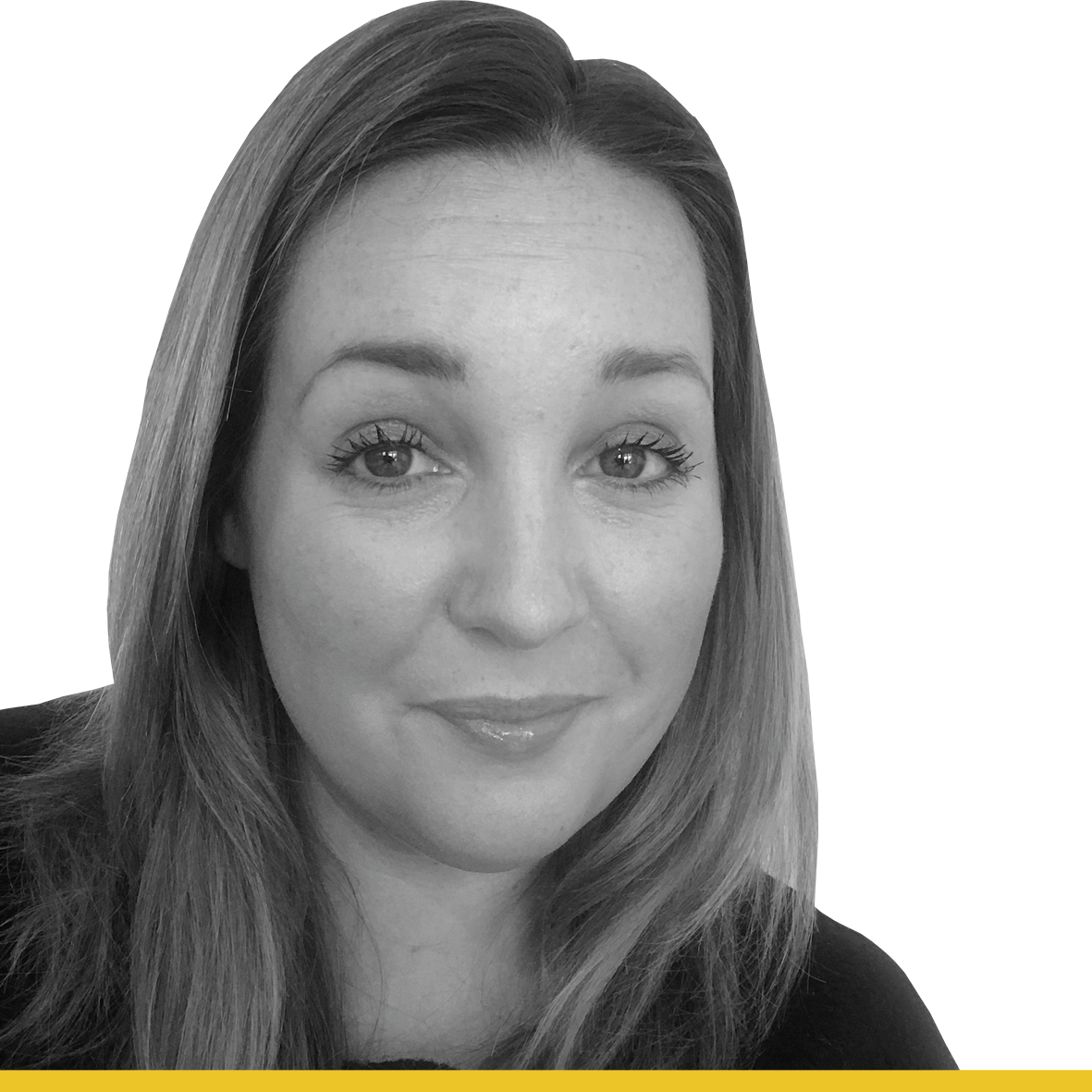
Comment: New legislation for siblings in care must be supported in practice
Posted on 25 August 2021 by Jennifer Drummond
Protecting and supporting the sibling relationships of care experienced children and young people is vital to creating a system built on love, writes Louise Hunter (pictured)
The Scottish Government aspires for Scotland to be the best place in the world to grow up. Last month it took another step closer to achieving that goal with a range of new legal rights in relation to brothers and sisters in care being implemented as part of the Children and Young People (Scotland) Act 2020.
Within the diverse range of measures introduced by the Act, some of the most important relate to the separation of and relationships between brothers and sisters within the care system. Since July, Children’s Panels now have a duty to consider ‘contact’ with siblings every time they make, change or continue a Compulsory Supervision Order (CSO) for a child or young person. Local authorities also now have a significant new duty to promote and assist in maintaining brother and sister relationships, as well as placing them with the same carer, where appropriate.
Since the founding of Who Cares? Scotland in 1978, we have heard from our members about the real-life experiences of being separated from their siblings and the lifelong impact that has.
As a provider of independent advocacy, year on year the separation of brothers and sisters remains one of the top issues we support our members with.
As a result, we’ve been proud partners of Stand Up For Siblings, campaigning for a change to legislation that better protects these relationships.
As part of Scotland’s ambition to be the best place in the world to grow up, it has put in place the Getting it Right for Every Child (GIRFEC) policy. One of the core principles of the approach is the adoption of child-focused practices. This means ensuring the child or young person and their family is firmly at the centre of all decision-making. This includes brothers and sisters, but it is only now, with the implementation of the Act, that this requirement to ask for their views in care decisions will be a legal obligation. We know separating sibling groups breaks vital bonds and family links during an already difficult period of their life. This recognition, that parent or adult carers are not the only family who should be involved in decision-making, is an important development for children and young people in the care system and a significant recognition of their rights and best interests.
In 2016, when First Minister Nicola Sturgeon announced the Care Review, she shared her vision for what a new system could look like. She said it should be “one that gives [Care Experienced people] a sense of family, belonging and love”. This vision has been supported within the findings of the review, The Promise, which said Scotland must “create an environment and culture where finding and maintaining safe, loving, respectful relationships is the norm.”
These new rights for brothers and sisters should help bring that vision closer to reality.
But no matter how overdue, change in legislation alone is not enough. Within the last decade there have been several new policies and pieces of legislation introduced with the aim of improving the lives of care experienced people. Sadly, many of these get stuck in implementation purgatory creating a postcode lottery for those in care and meaning many aren’t being met.
We believe the key to guaranteeing that these rights are upheld is ensuring that each and every child and young person in care has the right to independent advocacy. This approach has also been recommended by the Independent Care Review and unanimously agreed by the care sector and across political spheres.
At Who Cares? Scotland, we provide independent advocacy to those in care across Scotland. We do not provide any other services and are structurally, financially and psychologically separate from other organisations and interests. This is extremely important in supporting care experienced people to navigate the decisions made about their lives and having a say without conflict.
If Scotland truly is to become the best place in the world to grow up, person-centred decision-making needs to be at the heart of all we do. Protecting the loving relationships and the rights of brothers and sisters and equipping young people in care with the tools to have a say in their lives is a good place to start.
Louise Hunter is Chief Executive of Who Cares? Scotland. Click here to visit the website
